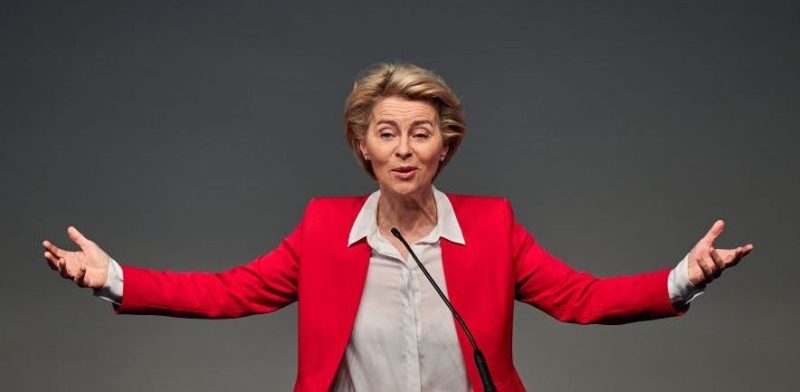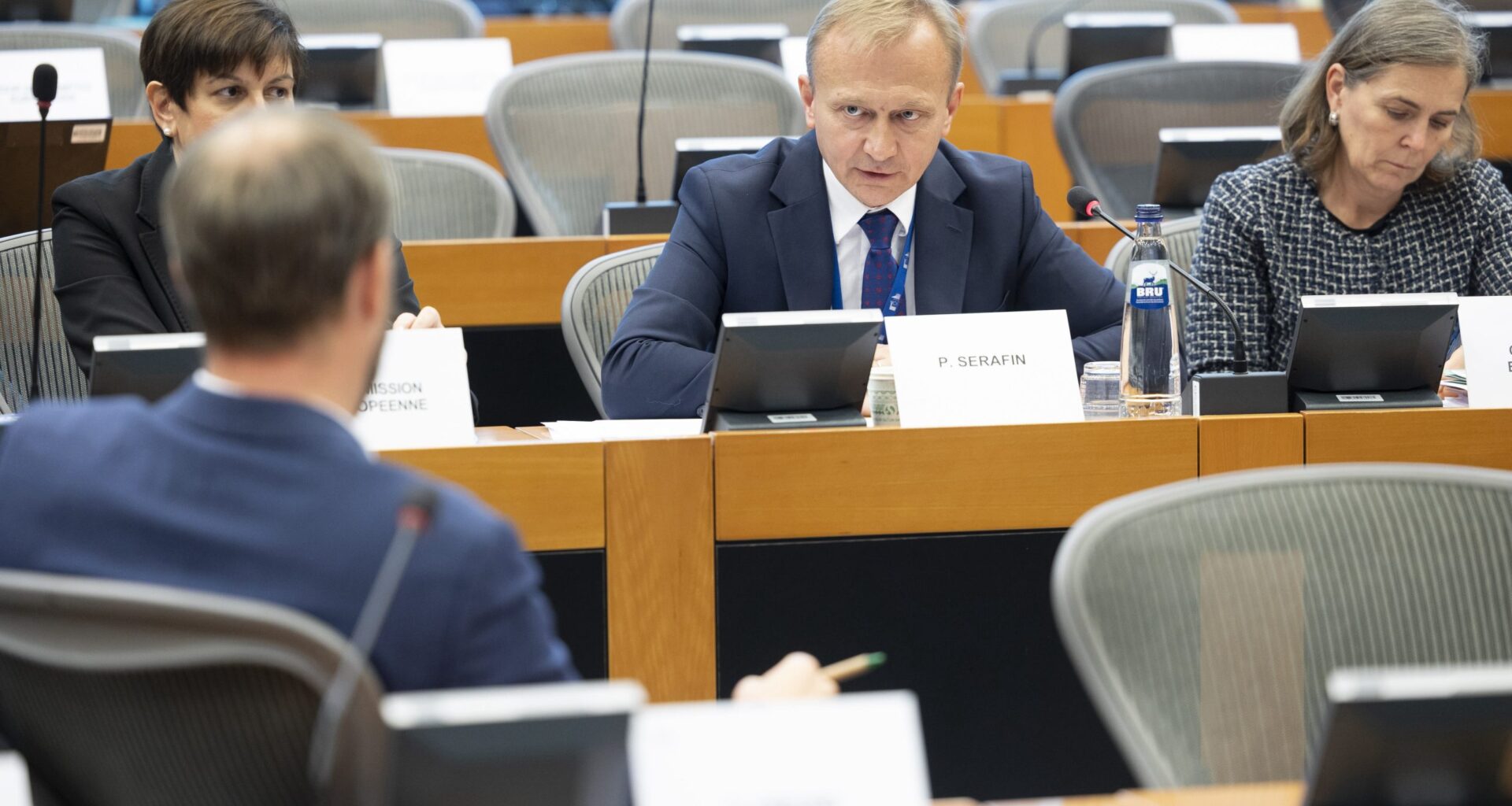EU budget chief Piotr Serafin came under fire in the European Parliament on Thursday over plans to centralise the EU budget – and for hesitating to end the turf war between the bloc’s two anti-fraud watchdogs.
In July, the Commission published a review of the EU’s anti-fraud architecture together with the 2028 to 2034 EU budget.
“We would like to improve efficiency and coordination across the entire anti-fraud cycle,” said Serafin while presenting the review in Parliament on Thursday.
After pledging to crack down on budget fraud last year, the Commission scaled down its ambitions in the review, five officials told Euractiv.
While MEPs broadly welcomed the European Commission’s anti-fraud plans, they questioned the Commission’s commitment.
German Greens MEP Daniel Freund accused the Commission of weakening oversight in the 2028 to 2034 budget.
“You say a lot of nice things,” but the new budget structure, which sidelines Parliament and regions in favour of capitals, “undermines the budgetary control of this house” as well as other outside scrutiny, he said. Csaba Molnár from the Socialists and Democrats (S&D) group echoed Freund’s concerns.
Serafin, the EU’s face of the budget proposal, countered that the new budget would be more transparent and strengthen the EU’s ability to withhold funds to enforce responsible spending.
EU backs off fight against fraud ahead of trillion-euro budget proposal
As the Commission prepares to pitch its next long-term budget framework on Wednesday, one thing…
5 minutes

Unresolved turf war
Freund and other MEPs further pressed the Commission to resolve the turf war between the European Anti-Fraud Office (OLAF) – whose report, also presented today, revealed irregularities totalling €1.84 billion in 2024 alone – and the European Public Prosecutor’s Office (EPPO).
Where OLAF carries out administrative investigations into corruption and fraud affecting the EU’s financial interests, EPPO investigates criminal cases – also relating to fraud and corruption – but can prosecute. The two have clashed repeatedly over overlapping responsibilities.
“The chief prosecutor has said repeatedly that it is very urgently needed to revise the EPPO regulation,” Freund said, noting that the Commission had already conducted a study on the issue two years ago.
While Serafin acknowledged shortcomings, he said the review was an opportunity to clarify OLAF and EPPO’s roles and that he would keep the issue “very high on my agenda”. However, he stressed that reforming the EPPO regulation was not his but EU Justice Commissioner Michael McGrath’s task.
(de, vib)
